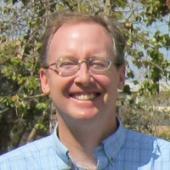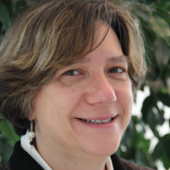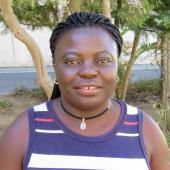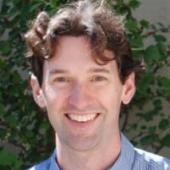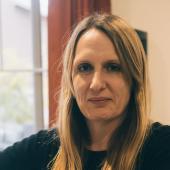Land ecosystems and land use change
Terrestrial ecosystems and their services are key elements of the climate system and global biogeochemical cycles, but are rapidly changing due to urbanization, climate change, and the high demand for food, fiber, and bioenergy. ESS researchers use observations, field experiments, and model simulations to study land-atmosphere interactions, ecosystem-climate feedbacks, and human impacts on the integrity of terrestrial ecosystems. Our group aims to identify tipping point elements in Earth’s biosphere-climate-human systems and to promote more sustainable use, management, and conservation of natural and anthropogenic ecosystems.
How terrestrial ecosystems work, with an emphasis on what controls the exchanges of gases and energy between land surfaces and the atmosphere
Application of radiocarbon to study the dynamics of carbon cycling in plants and soils
How biosphere-atmosphere-human interactions are affecting tropospheric oxidation capacity
Investigating biosphere-atmosphere interactions on scales of individual cells to the whole earth system to improve predictions of biogeochemical fluxes, atmospheric composition, air pollution, climate and ecosystem health.
Mapping and valuing of ecosystem services to understanding the economic consequences of land degradation on human well-being
Employs advanced multi-sensor geophysical techniques, including satellite time-variable gravity (GRACE), to study the mass balance of the Greenland and Antarctic Ice Sheets and glaciers worldwide
Combines field observation with geochemical analyses to understand how climate and anthropogenic activities impact carbon cycling and storage in (Arctic) land ecosystems, air pollution, and the global carbon cycle.
Applying empirical and theoretical approaches to understand microbial processes under global environmental change

